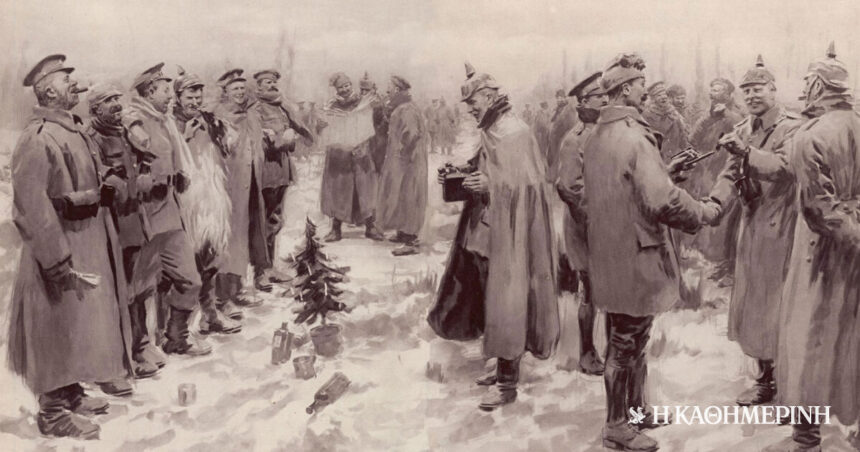The spark for the outbreak of World War I may have ignited in the Balkans, specifically in Sarajevo on June 28, 1914, when the Bosnian Serb rebel Gavrilo Princip assassinated the heir to the Austro-Hungarian throne, Archduke Ferdinand, but its causes lay in the rivalry of Great Powers of the time. Three more crises had preceded it, which could activate the mechanism of destruction, the outbreak of a generalized war in Europe: the Bosnian Crisis of 1908, the Second Moroccan Crisis of 1911 and the Balkan Wars of 1912-1913. The major European powers had already split into two major camps by 1907, and a slide into war seemed inevitable.
The operations of the Great War began on July 28, when Austrian artillery bombarded Belgrade from the north bank of the Danube. A few days later, military operations began on the northern borders of France and Belgium, an area that would in the following years be the major theater of operations receiving the name “Western Front”. The Germans implemented the “Schlieffen Plan”, which envisaged a rapid advance to the west with the ultimate goal of encircling Paris. When this objective was achieved, military forces would be transferred to the Eastern Front to deal with the Russian forces.
Despite initial successes, the German advance into French territory was halted at the River Marne in September 1914. The French, aided by the British Expeditionary Force, had put up strong resistance – much more than German staffs had expected – which forced the Germans to retreat north of the Marne. Soon, the war turned into a stalemate. Maneuvers on the battlefields stopped and orders were given to dig the first trenches.
The trench was a method of temporarily shielding infantry units from enemy fire. The Germans and British piled sandbags on the front and backfill on the back, while the French lined the trench with tree trunks to keep the walls from collapsing. In front of the trenches was the buffer zone, which was fenced off with stakes and thick barbed wire. The barbed wire spikes were sharp and tore through the flesh of the soldiers caught in them. The unrolling of the barbed wire took place at night, at the same time as the enemy tried to cut through the wire and make room for the infantry. In this way, the opponents understood where the enemy attacks would be directed.
The photographs, depicting smiling soldiers during the first weeks of the war, reveal a celebratory atmosphere that did not correspond to reality. Reservists reluctantly left their families. They responded to the call of their homelands, considering that this was their duty. They consoled themselves by saying that the war would not last long and they would be home in time to celebrate Christmas. However, their hopes were dashed. This hope, however, helped the soldiers endure the hardships of war for a long time.
In the days of the first Christmas since the start of the war, something unexpected happened. Quite spontaneously, German and British soldiers began shouting holiday wishes. Many of them were away from their homes for such a long time for the first time and spent Christmas away from their families. Waving white flags they met in the neutral zone and exchanged wishes, gifts, cigarettes, alcohol and chocolates. Some exchanged their uniform buttons as souvenirs. The unofficial armistice also extended to areas of the front where the French were fighting the Germans. There are accounts of even football matches being held between British and German soldiers. The news became known in the capitals of the belligerents a few days later, when the related photographs were released, which proved that despite the hardships and the hatred on both sides, a crack of light and peace could pass through the battlefields, where thousands of young people lost their lives. their lives. The hours of the unofficial truce allowed both sides to collect their dead and bury them, to treat the wounded of the front line and to strengthen the defense lines.
After Christmas passed, business started again. In the following years, attempts were made to repeat the truce on Christmas Day. The commanders of the units, however, obeying orders from the leadership of the armed forces, ordered that no one leave the trenches. There were few occasions when soldiers of the belligerent powers met in the neutral zone with their adversaries.
Column editor: Myrto Katsigera, Vassilis Minakakis, Antigoni-Despina Poimenidou, Athanasios Syroplakis




